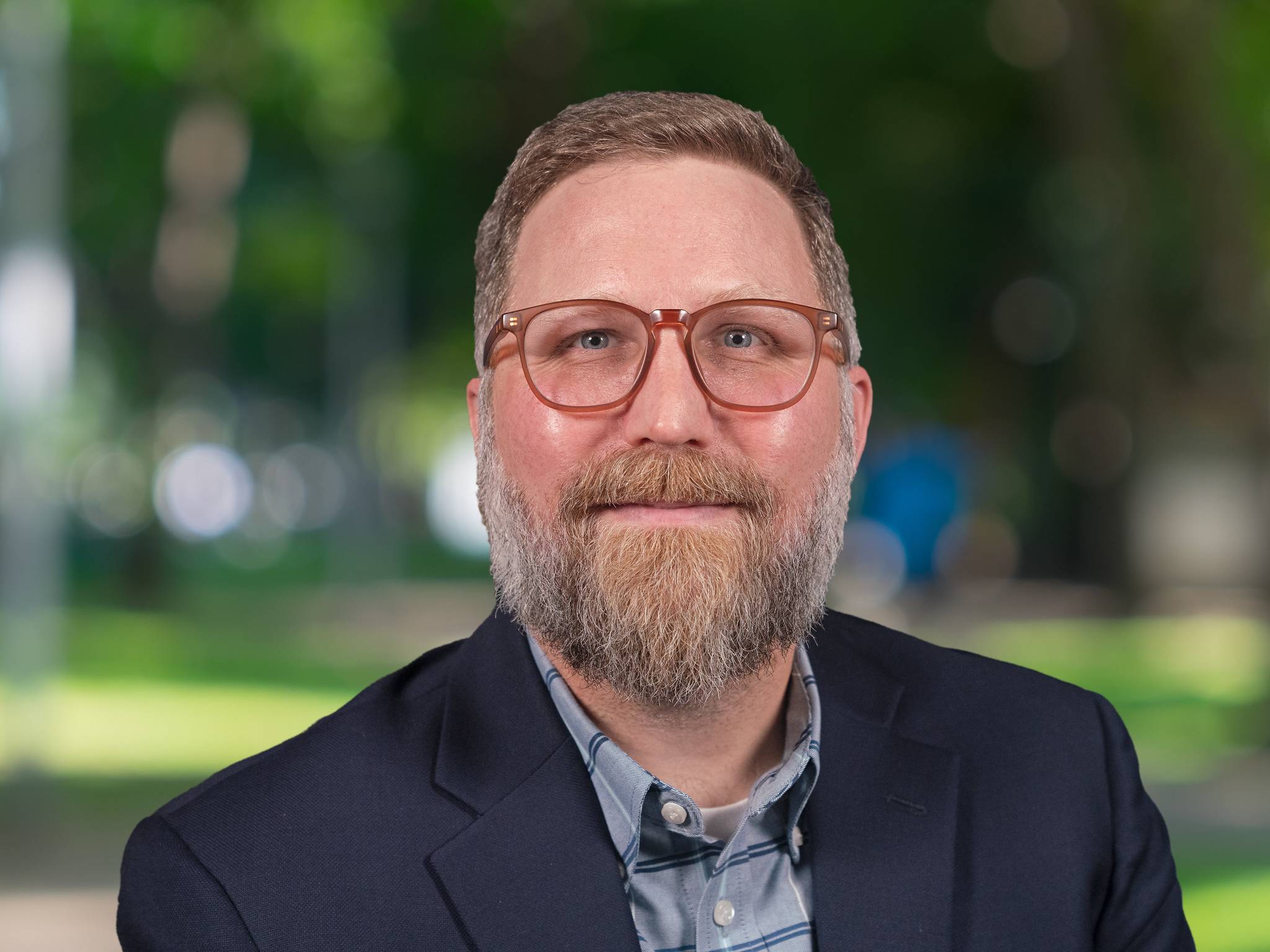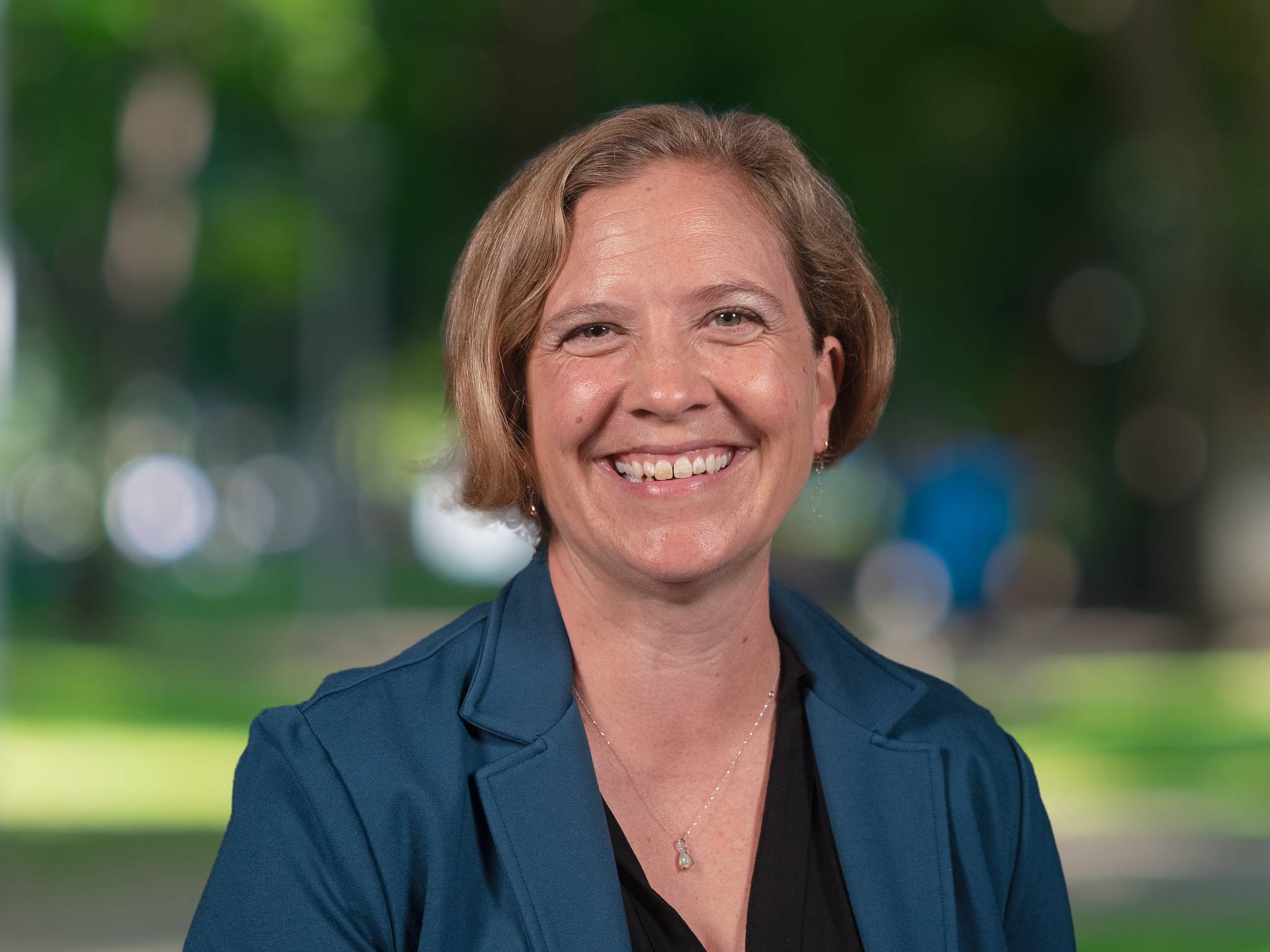Humanities, Arts & Social Sciences
Explore. Connect. Create. The Department of Humanities, Arts & Social Sciences (HASS) at South Dakota Mines invites students to explore new ideas, connect across disciplines, and create in meaningful ways. With more than 10 academic fields represented, HASS helps students expand their perspectives beyond STEM – integrating creativity, communication, and critical thinking into every aspect of their education.
HASS courses allow students to uncover the roots of computing in the Victorian era, debate ethical issues in science and technology, and examine how culture shapes innovation. Through dynamic discussions and collaborative projects, students strengthen connections between science and society. The department also serves as a creative hub on campus, with courses in art, music, and humanities alongside the Apex Gallery and Music Center, where students showcase and develop their artistic talents.
HASS provides the foundation for communication, analytical, and ethical reasoning skills essential to success at South Dakota Mines and beyond. Learn more about the department and its programs by visiting our blog, The Novum.
Department Overview
Students in the Department of Humanities, Arts & Social Sciences enhance their education through involvement in student organizations that foster creativity, collaboration, and leadership. These experiences help build communication and teamwork skills valued across industries and graduate programs.
HASS helps every Mines student develop the essential skills needed to communicate, think critically, and understand the world around them. Through general education courses in written and oral communication, social sciences, and the arts and humanities, our department provides the foundation for success in any field.
Gibson, Jonathan. (2024). Trauma, early life stress, and mindfulness in adulthood. BMC psychology, 12(1), 71.
Showler, Paul. (2024). The moral status of social robots: A pragmatic approach. Philosophy & Technology, 37(2), 51.
Showler, Paul. (2024). Putting the Pragmatic Account of Moral Status to Work: a Reply to Gordon. Philosophy & Technology, 37(3), 78.
Tellmann, Bryce. D. (2024). Memories on Steel and Vinyl: The Northern Pacific Railway and the Sound of Memory. International Journal of Communication, 18, 18.
Tidwell, Christy. "Haunted Earth: Genre, Preservation, and Surviving the End of the World in Jeff VanderMeer’s Hummingbird Salamander." Studies in American Fiction, vol. 50 no. 1, 2023, p. 253-273. Project MUSE.
Pritchard, Kayla. (2023). Unclear Motherhood: Ambiguity and Role Conflict Among Double Mothers. Journal of Divorce & Remarriage, 64(2-4), 130-155.
Thomas, Evan & Haugtvedt, Erica. (2023). Serial characterization as a feminist ethics of care in Better Call Saul. Journal of Popular Television, 11(3), 245-260.
Van Nuys, Frank. 2023. “The Politics of Nature: ‘Conserving, Protecting, and Improving’ Wildlife and Parks during the ‘Age of Norbeck,” in Old Trails and New Roads in South Dakota History, edited by Jon K. Lauck (Center for Western Studies, Augustana University).
Haugtvedt, Erica. Transfictional Character and Transmedia Storyworlds in the British Nineteenth Century. Cham: Palgrave Macmillan, 2022.
The Environmental Change and Sustainability Club is an organization dedicated to promoting environmental sustainability at South Dakota Mines and in the city of Rapid City. This includes informing peers about the environment and creating eco-friendly systems and habits throughout the city. Follow ECS on Instagram for information on events and workshops.
Contact: ECS@mines.sdsmt.edu
The Hard Rockin' Drama Club puts on two main-stage productions each year, one per semester. An auditioned Improv group, Sum Improv, also performs shows on campus and hosts casual improv throughout the semester.
Contact: hrdc@mines.sdsmt.edu

Kyle W Knight

Haley S Armstrong



Have more questions?
Dr. Kyle Knight